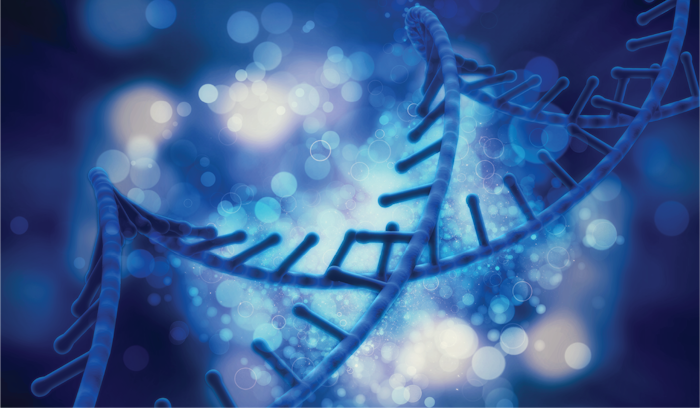A Highly-Usable and Fully-Comprehensive Proteogenomic Method Leveraging the Breadth of Genetic Variation for Oncogenic and/or Therapeutic Novel Protein Discovery

About this
Project
The development of many cancers is known to be driven by genetic rearrangements. Many of these genetic rearrangements can be caused by transposons, DNA sequences that can change position and move to other positions within the genome. In previous studies, one of these genes, human piggyBac transposable element derived 5 (PGBD5), was examined for its possible role in the development of brain cancers. In this study, researchers will further explore the role of PGBD5 in the development of pediatric brain cancers. Proteogenomics, which combines the study of genetic, protein, and transcription data to optimize success in protein discovery, is the focus of this project. Protein discovery will help researchers understand what role PGBD5 plays in the development of brain cancers and provides researchers with further targets for investigation. Researchers will incorporate the unique and comprehensive dataset available through the Pediatric Brain Tumor Atlas to expand their research across pediatric brain cancer types. Researchers on this project have developed new sophisticated methods to complete a customized investigation approach, which could be pivotal in the development of personalized therapies
Ask The
Scientists
What are the goals of this project?
Researchers will use a proteogenomic approach to investigate the role PGDB5 plays in the development of brain cancers.
What is the impact of this project?
Understanding the genetic drivers of brain cancers, such as the role of the gene PGDB5, will give researchers insights in how to better, target and treat rare pediatric brain cancers.
Why is the CBTN request important to this project?
The RNA sequencing data available through the Pediatric Brain Tumor Atlas will improve researcher estimates of rare gene fusions by providing a comprehensive data set on rare pediatric tumor subtypes.
Specimen Data
The Children's Brain Tumor Network contributed to this project by providing access to the Pediatric Brain Tumor Atlas.
related

